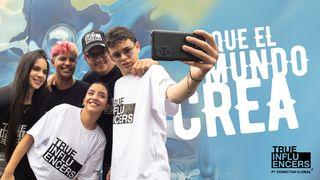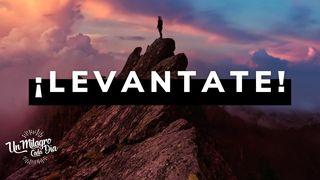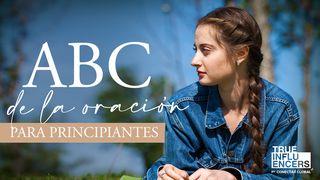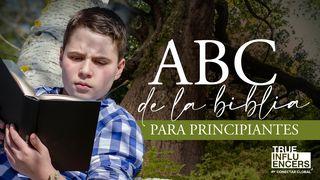The Passover ExperienceMuestra

Our Children, Our Future
The first night of Passover is filled with excitement as we begin the special meal called the seder. Friends and family gather together as holiday aromas fill the air. In addition to the regular holiday table decor, we add a seder plate with six items that will be used or mentioned during the seder.
For example, a shank bone represents the Passover sacrifice and bitter herbs symbolize slavery. There is plenty of matzah and an assortment of fine wines or rich fruit juice for the "four cups" that we drink during the seder. But even the most exquisite table is incomplete without the main centerpiece of the holiday: Our children.
The Passover seder is built around the children at the table. The reading of the Haggadah (the text that accompanies the seder) begins with the recitation of the "four questions." The four questions -- which begin "Why is this night different than all other nights? -- traditionally are recited by the youngest child.
Questions in general are a major theme of the seder. We do all sorts of unusual things just so the children can ask their favorite question: Why? Why isn't there any bread tonight? Why are we eating bitter herbs? Why are we dipping them in salty water?
Why are we so intent on getting our children to ask questions?
We want them to ask questions so that we can give them the answers. We want our children to be interested in our story so that they will listen to it and make it their own. All yearlong our children ask us questions -- about school, nature, life, whatever comes into their minds. Sometimes we answer, and sometimes we waive them off with the brush of our hand. But on seder night, we are commanded to answer them. It's these answers that will shape their thoughts, and it's their thoughts that will shape the future.
Rabbi Jonathan Sacks, the former Chief Rabbi of Britain, summed it up this way: "The world we build tomorrow is born in the stories we tell our children today." On Passover, we celebrate freedom. We recount our own journey from bitter slavery to sweet freedom, and we cherish this God-given right. God says to each of us, "You want a kind and free world? Teach your children first!" Rabbi Sacks put it this way, "Politics moves the pieces. Education changes the game."
Recent studies have proven that children are likely to become a reflection of the stories that they hear. That begs the question, what stories are we telling our children? Make the time to sit with a child and read to him. Read her the stories of the Bible or some of the many children's storybooks that exhibit values such as kindness and faith.
As has been said many times, today's children are tomorrow's leaders. Let's make sure they hear the right story.
Escritura
Acerca de este Plan

Join us as we explore some of the universal truths found in one of the most ancient and holiest of Jewish celebrations, Pesach, or Passover. It is a celebration of freedom, of redemption, and of God’s eternal love for His children.
More
Planes relacionados

Chispas De Aquí Y De Allá

Que El Mundo Crea

¡Levántate! 7 Claves Para Levantarte Y Seguir.

Y...¡Adoremos!
Marcas De Un Discípulo

ABC De La Oración ... Para Principiantes.

La Gracia. 7 Claves Para Vivir en Plenitud.

ABC De La Biblia Para Principiantes

Disciplinas Espirituales
